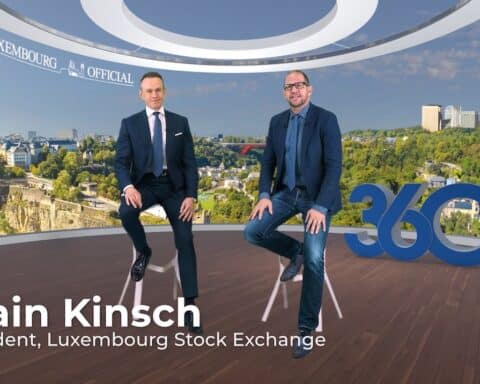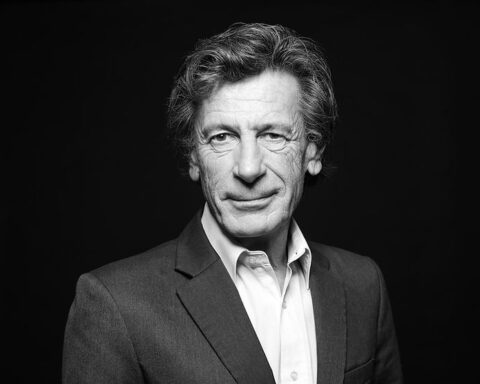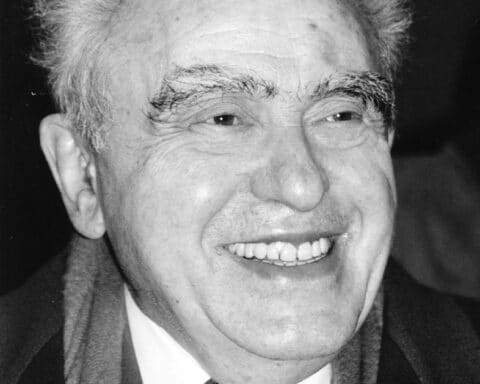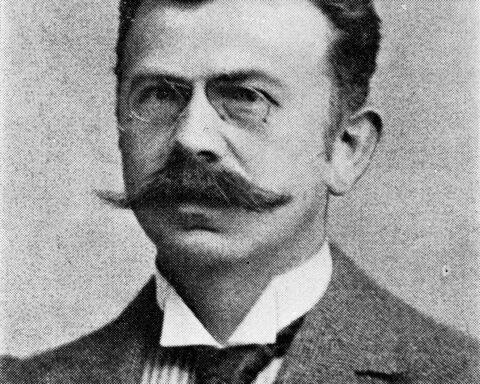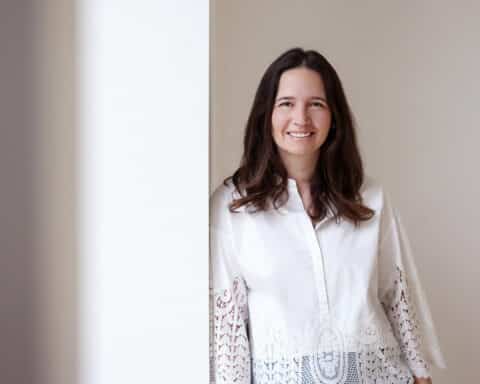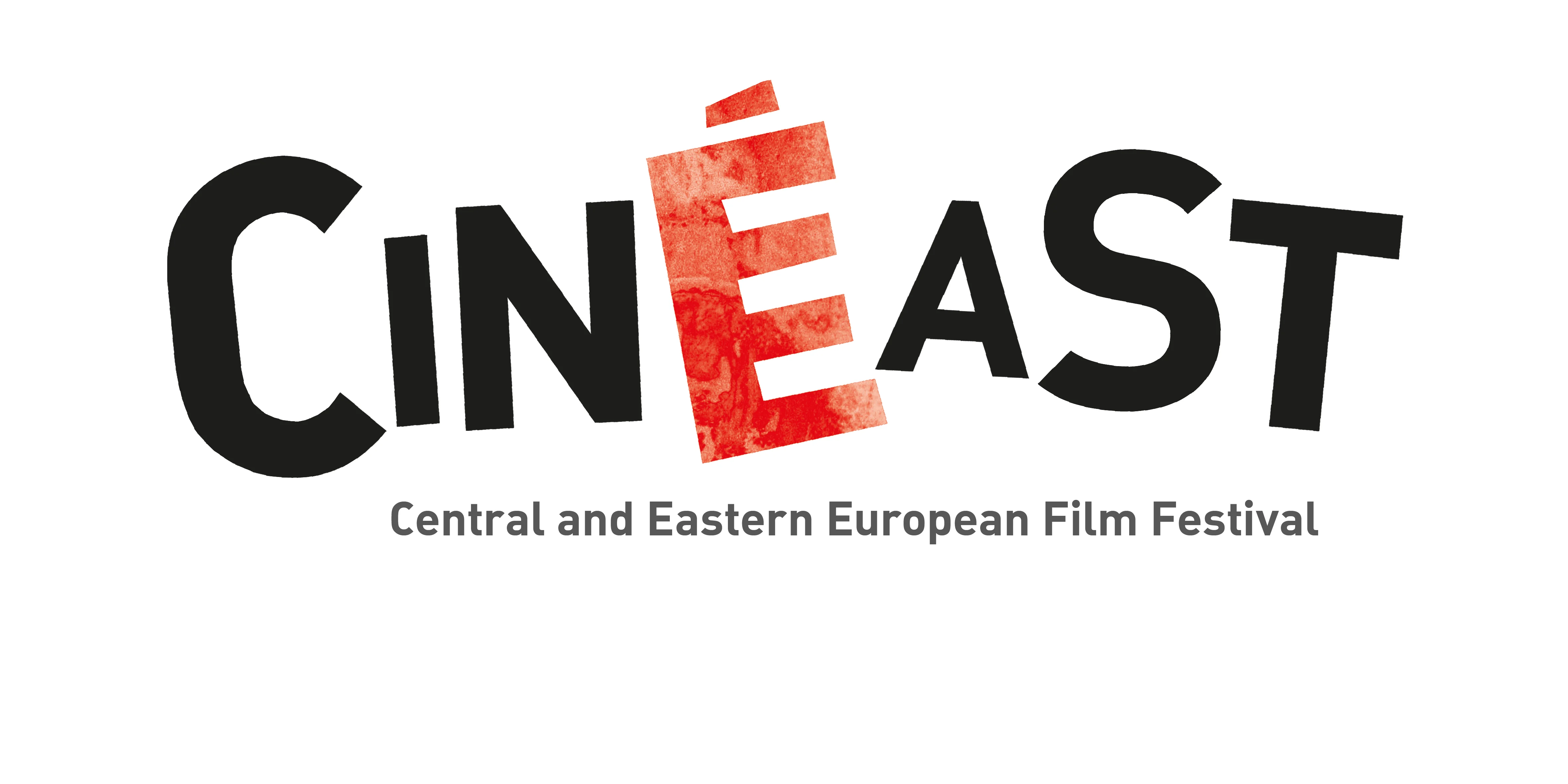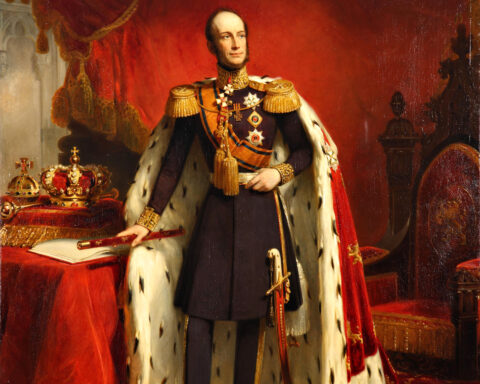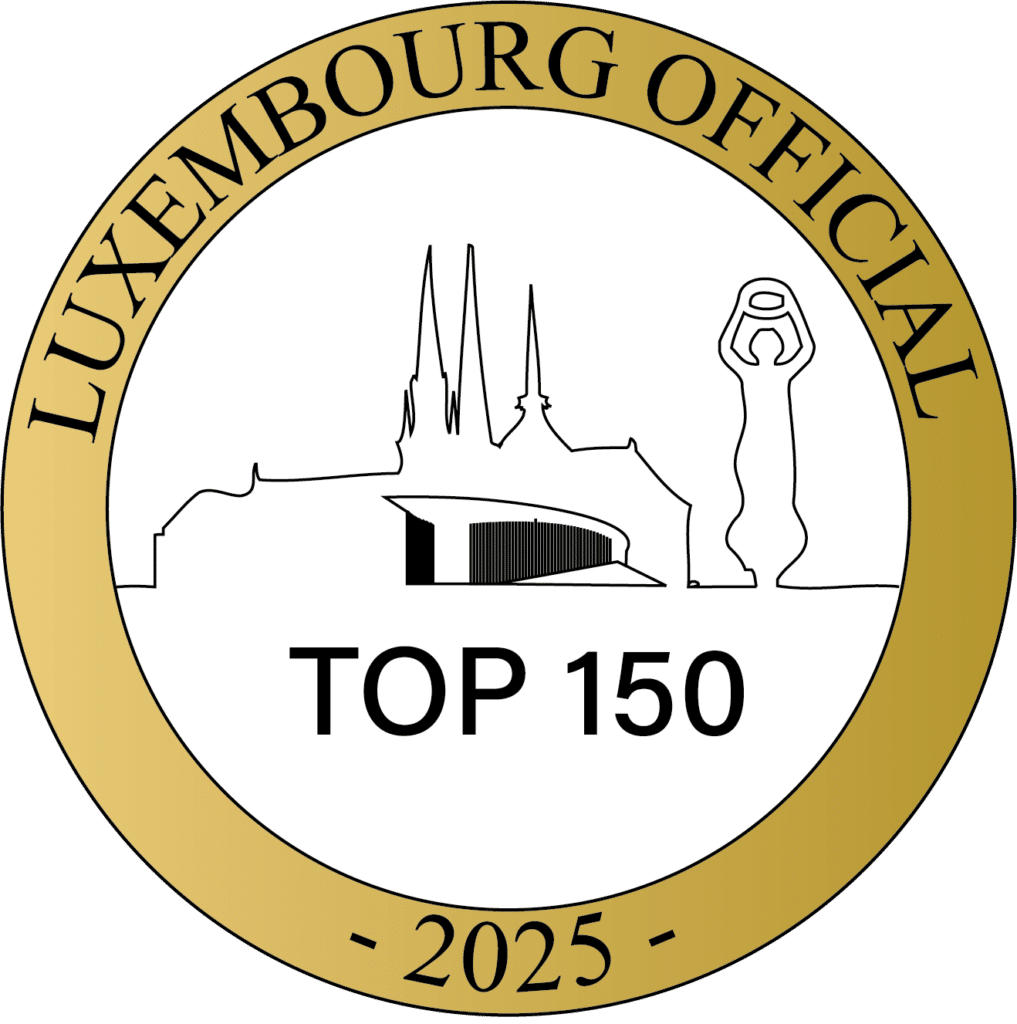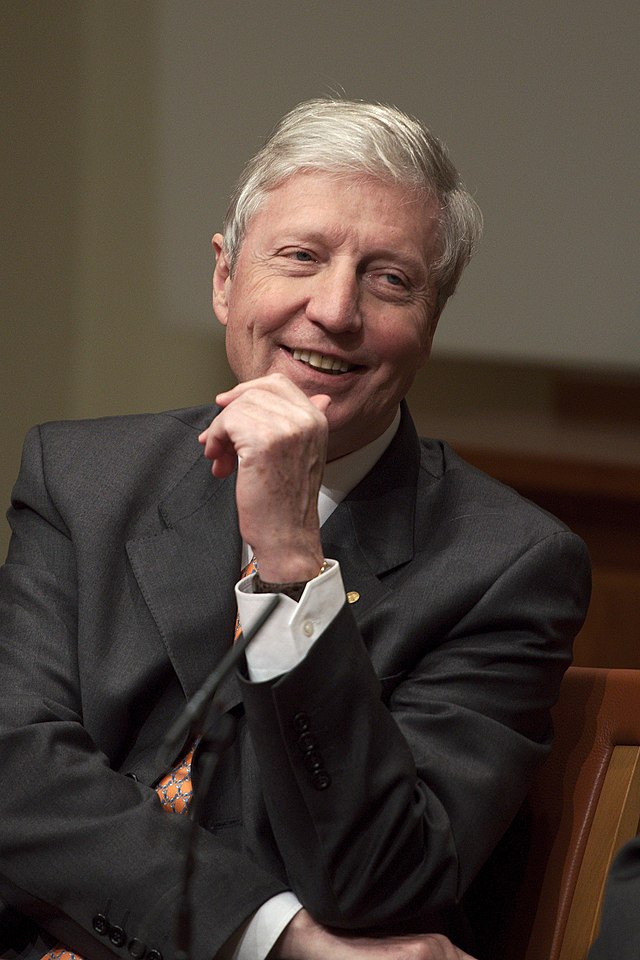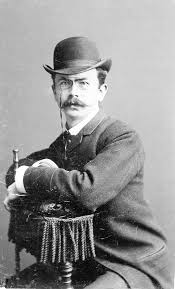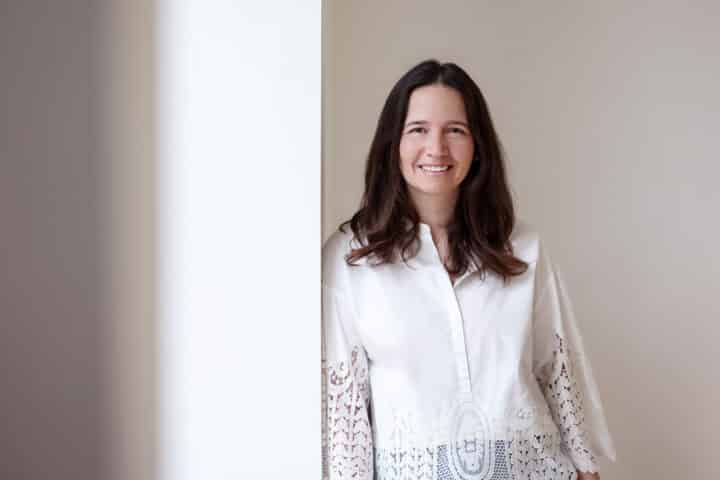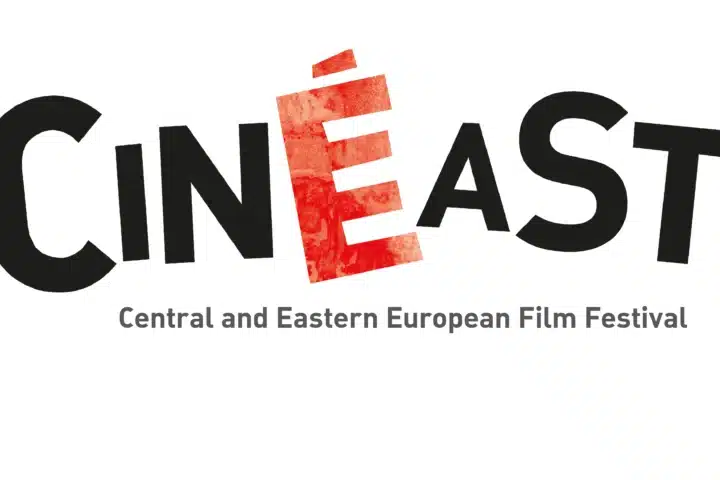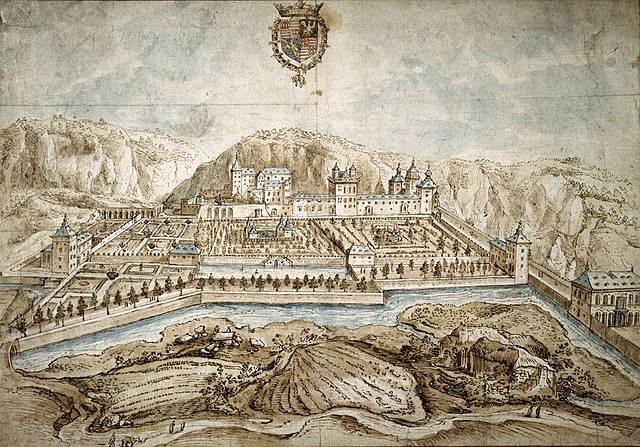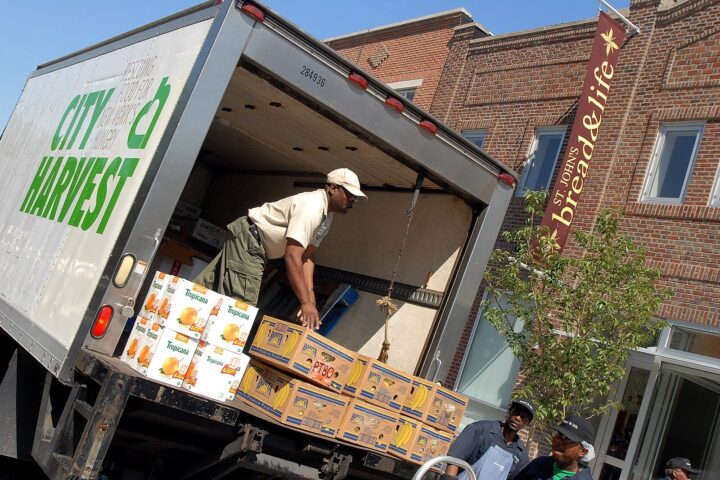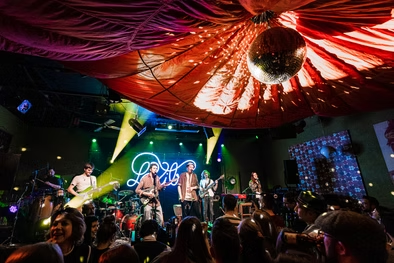Jules Hoffmann, a Luxembourg-born biologist, was awarded the Nobel Prize in Physiology or Medicine in 2011 for groundbreaking research on innate immunity in insects, laying the foundation for understanding how early immune responses function in more complex organisms, including humans.
Early Life and Academic Foundations
Jules Alphonse Nicolas Hoffmann was born on 2 August 1941 in Echternach, Luxembourg. Raised by a father who was both a biology professor and passionate entomologist, Hoffmann was introduced early to the study of insects. He completed his secondary education in Luxembourg before enrolling at the University of Strasbourg. There, he studied biology and chemistry and earned a doctoral degree in biology in 1969 under Pierre Joly’s supervision. He then pursued postdoctoral research at the University of Marburg in Germany with biochemist Peter Karlson. His academic formation, strongly rooted in classical biology and biochemical research, shaped the analytical rigor that defined his later discoveries. Early publications from the 1960s already indicated his focus on insect physiology, highlighting a lifelong dedication to biological research.
Pioneering Research on Innate Immunity
Upon returning to Strasbourg, Hoffmann joined France’s national research agency CNRS, where in 1978 he founded and directed the “Immune Response and Development in Insects” research unit. He concentrated on studying immune mechanisms in insects, particularly the fruit fly Drosophila melanogaster. In collaboration with researcher Bruno Lemaitre, Hoffmann’s experiments revealed in 1996 that the Toll gene regulates antifungal immune responses. This finding was pivotal—it demonstrated that innate immune systems share molecular pathways across species. His work thus bridged entomology and human medicine by uncovering conserved immune responses, providing a scientific basis for later advancements in immunotherapy and vaccine development. Hoffmann’s contributions redefined how scientists understand early-phase immune reactions.
“I wouldn’t say that I hate people saying : Well, it’s interesting what you did and so on. And I don’t think – because we did some nice work on immunity – that I’m a competent person now to speak about everything . “
Recognition and Scientific Legacy
In 2011, Hoffmann received the Nobel Prize in Physiology or Medicine alongside Bruce Beutler and Ralph Steinman “for their discoveries concerning the activation of innate immunity.” He later became honorary director of research at CNRS and professor at the University of Strasbourg, holding a chair in integrative biology at the Institute for Advanced Studies. Hoffmann also served as President of the French Academy of Sciences (2007–2008) and was elected to the Académie française in 2012. He has received numerous international distinctions, including the CNRS Gold Medal, the Shaw Prize, the Balzan Prize, and the Robert Koch Prize. His contributions continue to influence immunological research and science policy across Europe and beyond.

